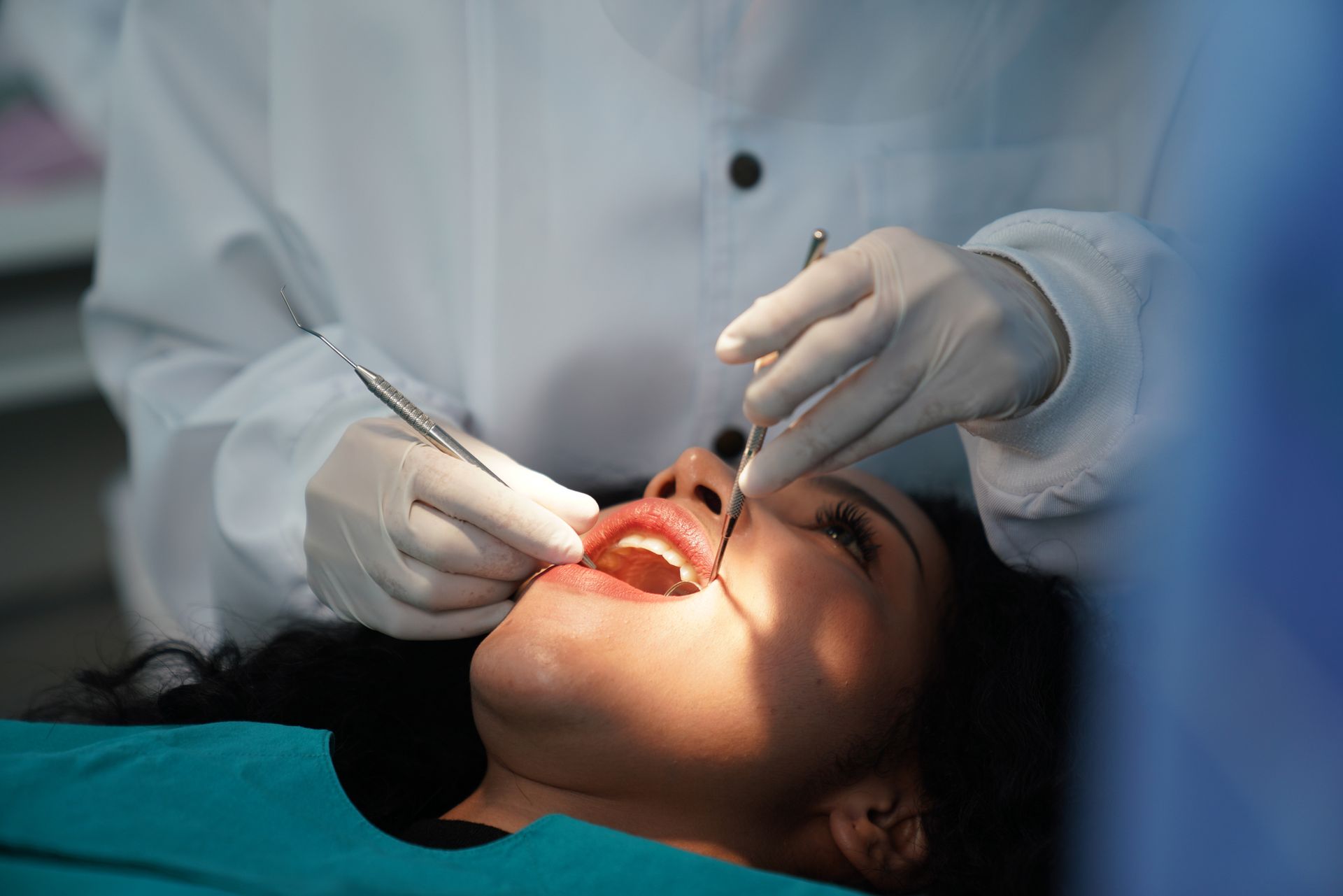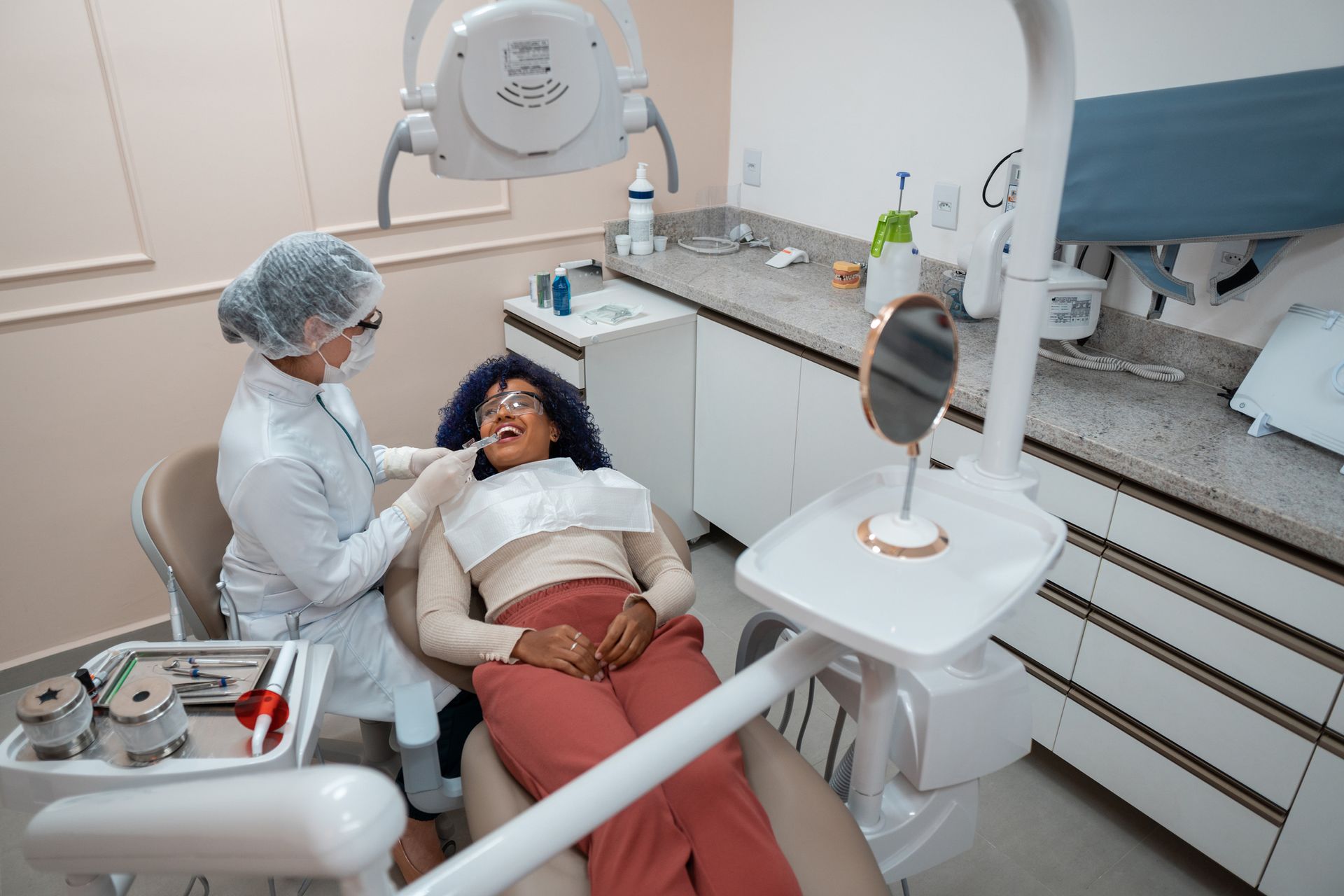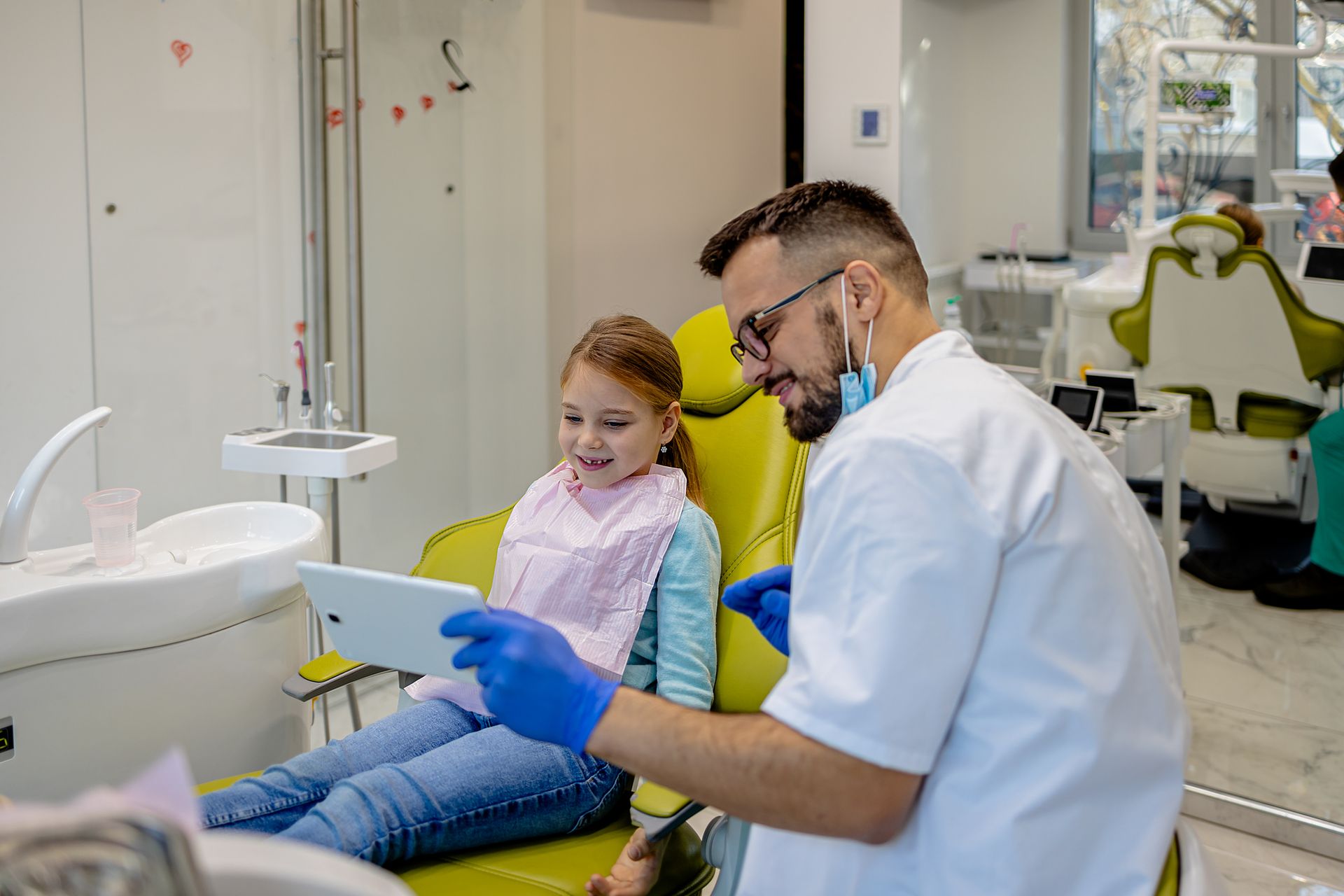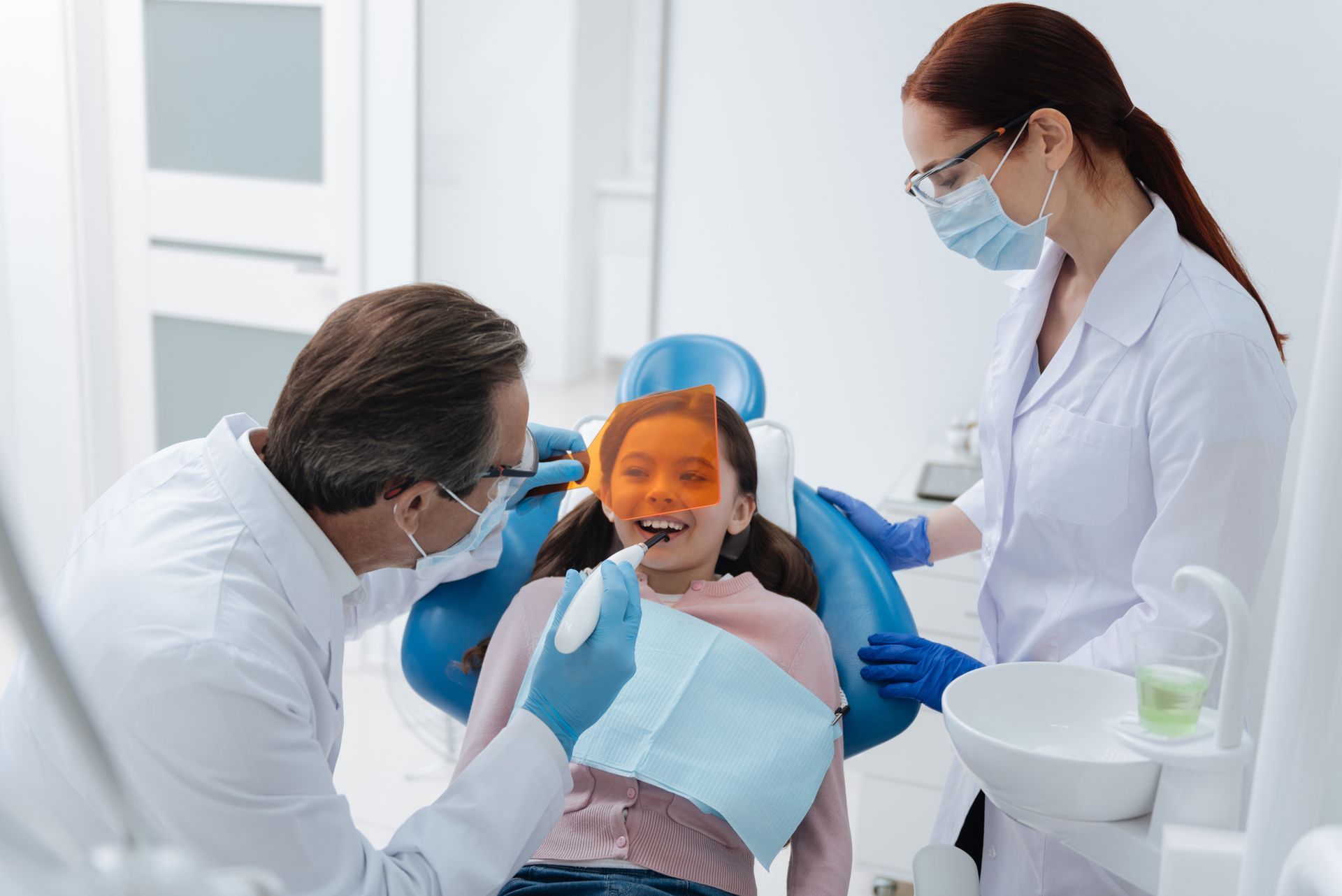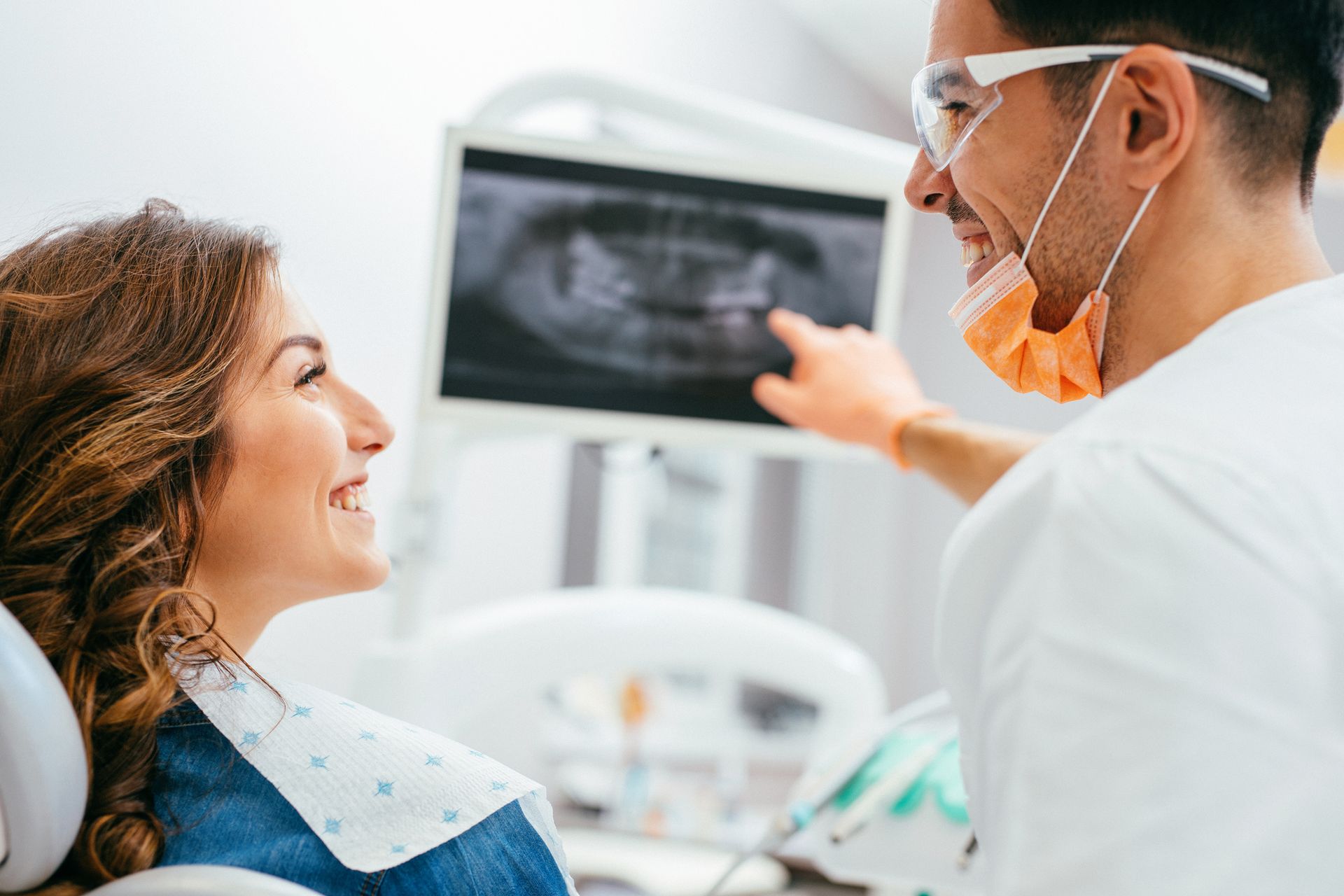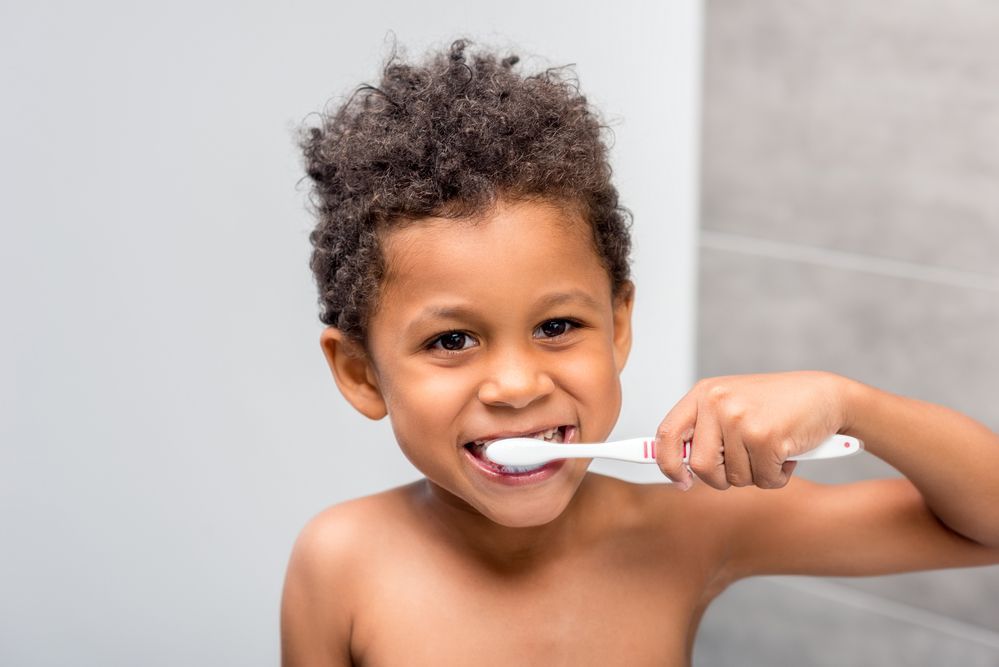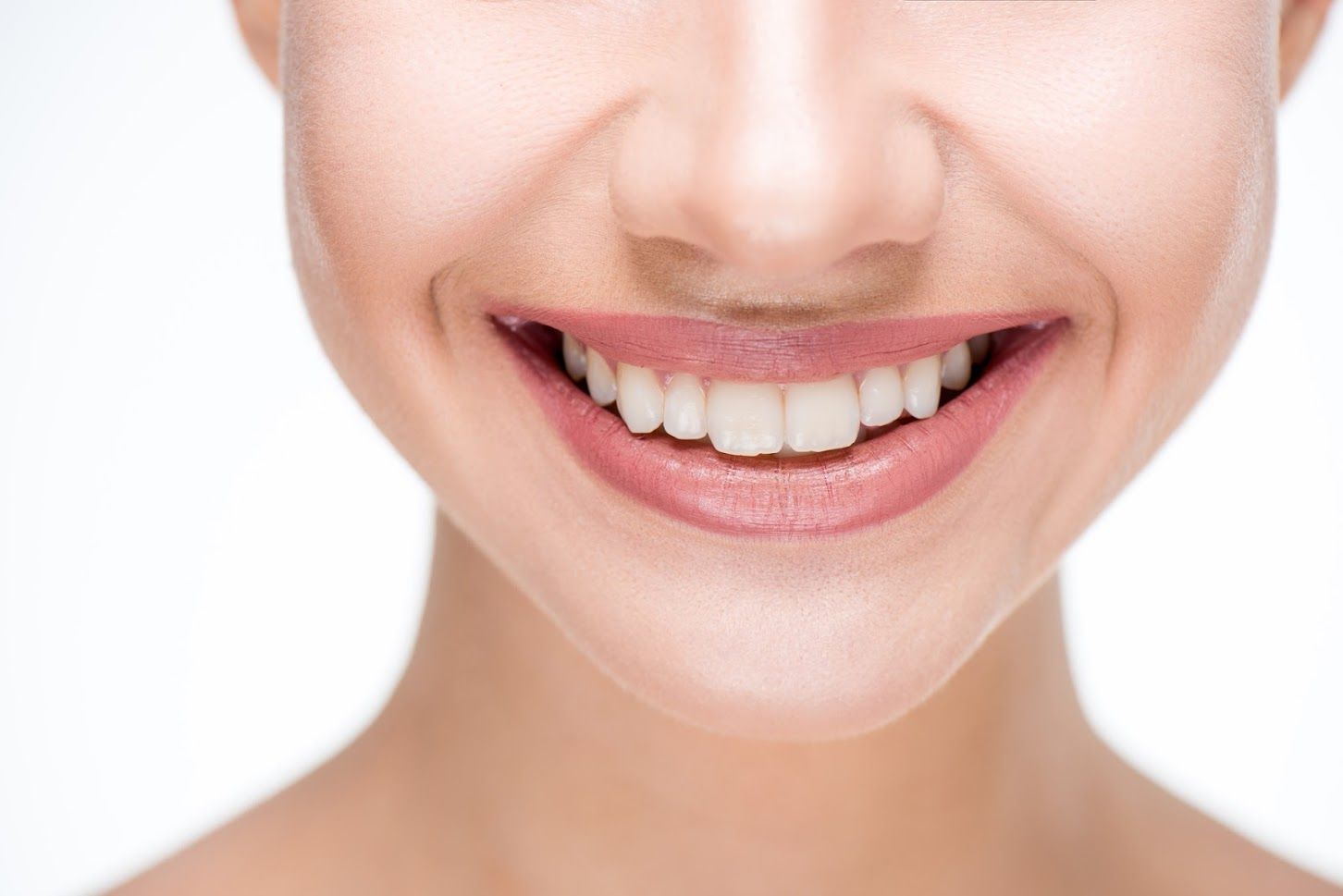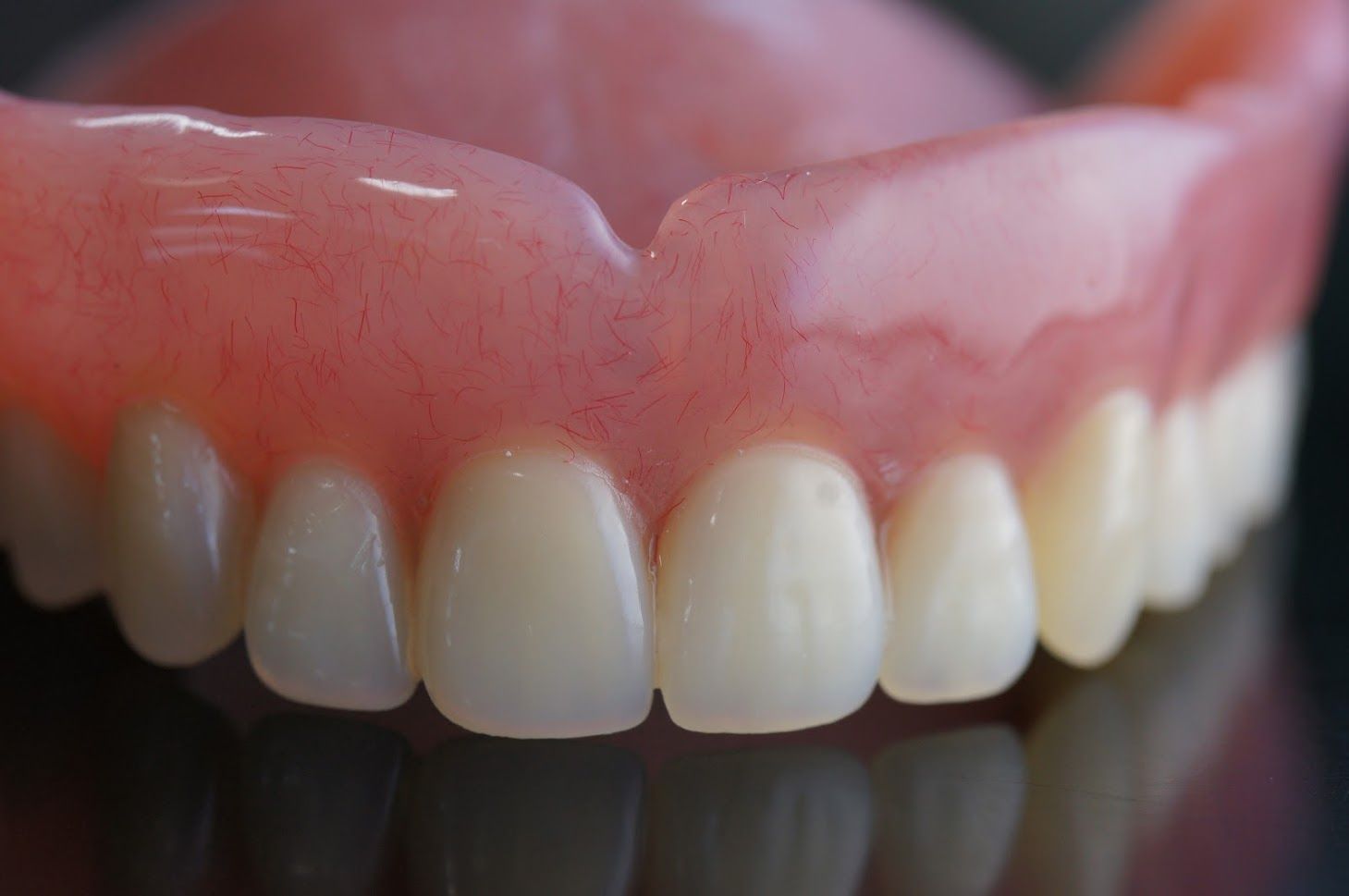Gum Chewing and Oral Health: The Facts
Have you ever wondered how chewing gum affects your oral health? Take a look at some benefits and a few things to remember.
The Benefits
Chewing gum benefits your oral health in multiple ways. Below are some of the benefits.
It Stimulates Saliva Production
The mechanical action of chewing gum stimulates saliva production in your mouth. Increased saliva production has multiple oral health benefits. For example, the saliva:
- Helps to clean food remnants that would otherwise feed dangerous bacteria on your teeth
- Cleans acid from your teeth that would otherwise erode your enamel
- Reduces acid in your esophagus that might otherwise reach your mouth (think gastroesophageal reflux disease) and harm your teeth
- Contain minerals that strengthen your enamel and enhance its defense against acid or bacterial attack
- Limits the negative effects of dry mouth, such as bad breath
The more you chew gum, the more saliva you may have in your mouth.
Xylitol
Some gums contain xylitol, a naturally occurring sweetener that is also good for your teeth. Xylitol helps to reduce the volume of bacteria that stick to your teeth. The sweetener also neutralizes acids in your mouth and reduces their damaging effect on your teeth.
Recaldent
Lastly, some gums also have Recaldent, which contains calcium and phosphorus. The minerals remineralize the teeth and minimize the effects of acids on your teeth.
Tips for Maximum Benefits
Not everyone who chews gums reaps the benefits of the practice. Below are some tips to help you protect your teeth as you chew gum.
Chew Sugarless Gum
Some gums contain sugar, and these types don't protect your oral health. In fact, sugary gum can even harm your oral health. The gum feeds bacteria in your mouth, and the bacteria turns the sugar into acids that erode your enamel and make them susceptible to further damage. Too much sugar intake is also bad for your overall health.
Stick to sugarless gum if you want to maximize the health benefits. You can also chew gum fortified with artificial sweaters.
Mind the Acid Levels
Some chewing gum also contains acid, which may be bad for your teeth in large quantities. Remember you want to chew gum to reduce acid in your mouth, not to increase it. According to ada.org, the gum pH should not be lower than 5.5 if it is not to erode your teeth.
Chew After Eating
Bacteria start to act on bits of food in your mouth as soon as you eat. Therefore, you should chew gum after your meal. That way, you can limit the bacteria's actions and help demineralize the teeth.
Chew for at Least 20 Minutes
The more you chew gum, the more it will clean and protect your teeth. Chew gum for at least 20 minutes to reap the maximum benefits.
Look for the ADA Seal
Many people struggle to choose the right chewing gum. Look for ADA (American Dental Association) seals that certify that chewing gum is good for your oral health.
Caveat
Lastly, take care and only chew gum if it is safe for you to do so. For example, you should not chew gum with dental appliances such as braces or dentures since it might stick on them. You should also not chew gum with Recaldent if you are allergic to milk.
In addition, note that chewing gum is not a substitute for flossing and brushing. These two oral hygiene habits are always necessary if you want to protect your teeth.
Airport Road Dental Associates has several decades of combined experience in dental care. We provide both preventive and curative dental services. Contact us for a dental appointment whether you want a routine examination or have a dental problem.


